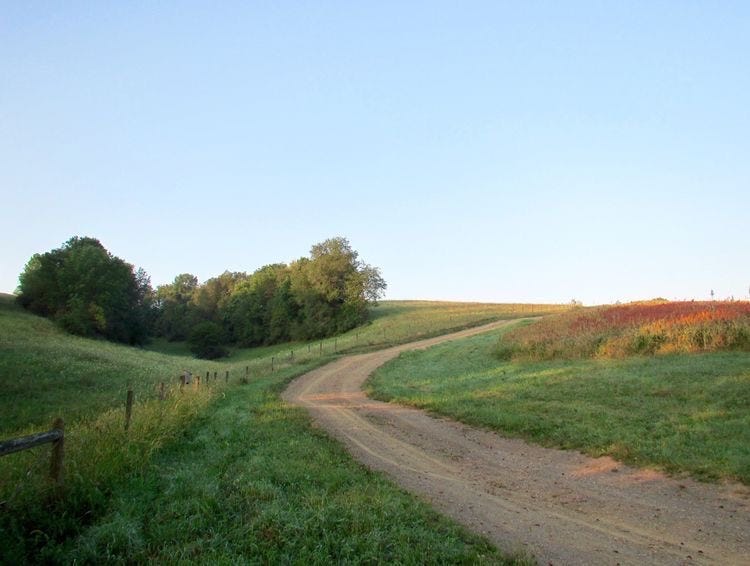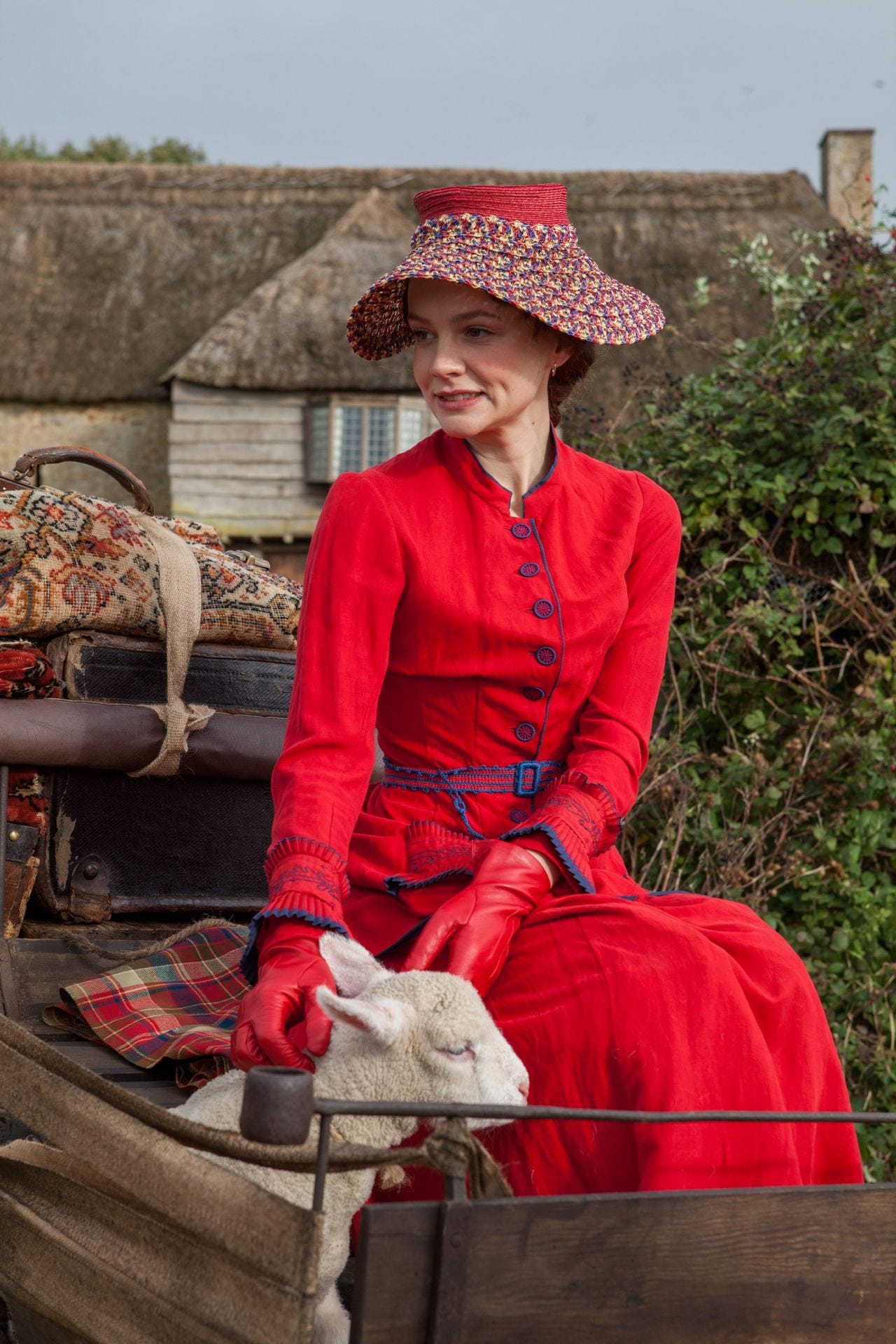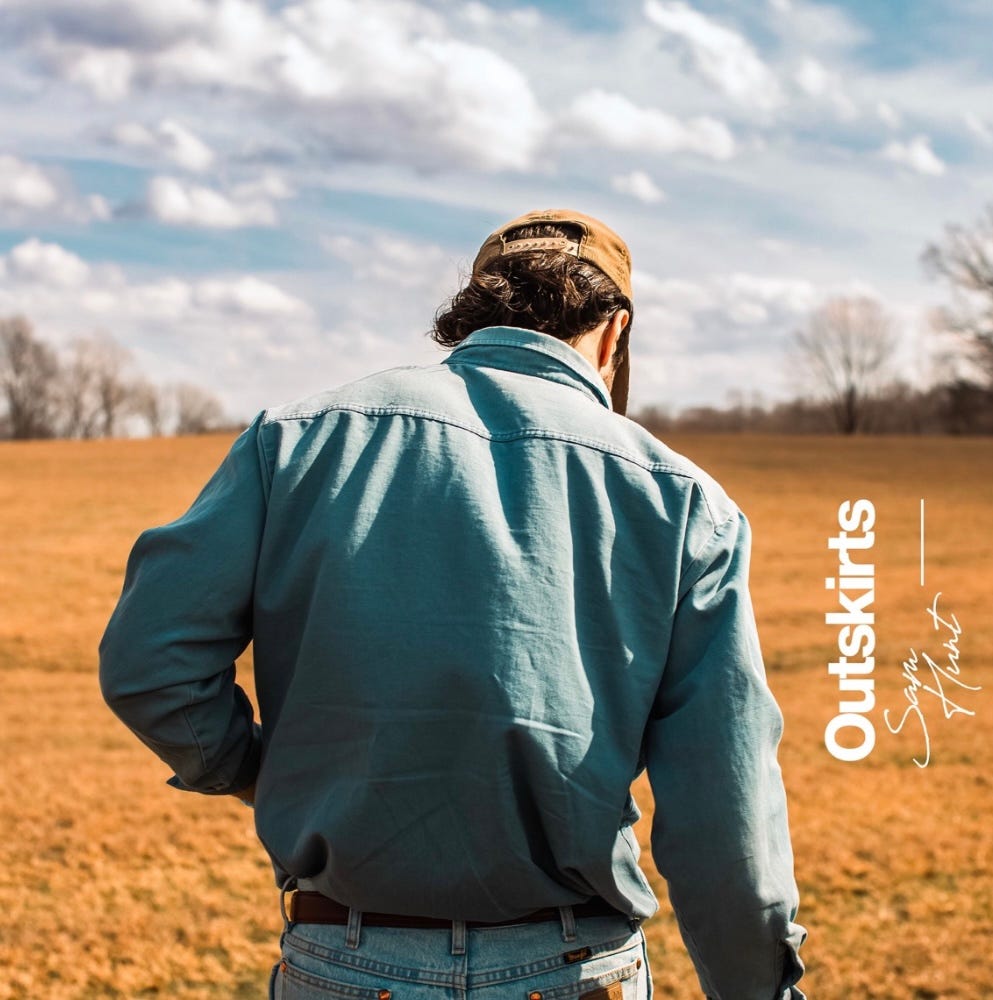What does it mean to be “country?” Is it a location, a disposition, or an attitude? Or, as some people say of conservatism, is it something more mysterious, like a sensibility?
What is the “pastoral” in art and literature? Is it a genre or a mode? Does it depict the country in its idealized form from the point of view of a grizzled urbanite, or does it present deep truths about human life that can only be found in nature?
For all the current-day complaining about the decadence of our culture, how nothing feels new anymore, and how artistic endeavors these days are rehashed, tepid, or muzzled, there is one art form that is warm and flowing with life: commercial country.
Although I live in a city, my days are filled with country radio. I don’t want to forget who I am or where I came from. I know I’m not supposed to, but I really enjoy the much-assailed “bro country” trend: songs about beer, trucks, girls, long tan legs, dogs buried in the backyard, and the like. Because while people are busy making fun of country radio, they’re not telling you what’s also in the songs: deep traditional values, scenes of genuine love and commitment, babies getting baptized, and people who carry on come drought or derision. Country isn’t only about where you are; it’s about what you are, and how to remain so despite everything conspiring to make you the opposite.
Consider Jason Aldean’s “Small Town Small,” which begins with a depiction of hard-up country folks refusing to sell the family farm and becomes an exhortation to resist the pull of forces that would mean relinquishing a cherished identity:
Let’s keep the red dirt roads red dirt
Keep the little white church, keep keeping God first
Keep dragging that plow, keep the blue on your collar
Keep the sweat on your dollar, keep the sins in the water
And your roots in thе ground
Or Cody Johnson’s “Dirt Cheap,” from the point of view of a farmer who similarly will not give up his land, even for top dollar: “Boys, whatever you’re offerin’, it won’t be enough.” He sings about his dogs, his family and his memories, and how some things are worth more than profit: “Over there, under that white oak tree / Beneath the cross is where my best buddy’s buried … And over there is where I got down on one knee / You can’t buy that kind of dirt cheap … No, it ain’t somethin’ you fall into / It’s somethin’ God gives you / And you hold onto.”
One might say that country radio depicts the lives of the kind of people Thomas Hardy wrote about in his famous pastoral novel “Far From The Madding Crowd” (1874), published first in serialized form by the monthly Cornhill Magazine. The book, which tells the story of a headstrong female farmer pursued by three men, takes its title from “Elegy Written in a Country Churchyard” (1750) by the poet Thomas Gray:
Far from the madding crowd’s ignoble strife
Their sober wishes never learned to stray
Along the cool sequestered vale of life
They kept the noiseless tenor of their way
Hardy set his novel in imaginary Wessex county, an agricultural region along the sea in southern England that he called “partly real, partly dream-country.” This reinforces the idea of “country” being a mental state as well as a defined geographic region. In Hardy’s Wessex, life is communal and deeply tied to the rhythms of the earth, both through planting and harvesting and the observance of traditional liturgy with its assorted feast days.
A 2015 film adaptation of “Madding Crowd,” directed by Thomas Vinterberg and starring Carey Mulligan, describes its main character Bathsheba Everdene in the opening scene. “She was going to be a governess, but she was far too wild. Always has been,” an elder woman explains. Neighboring shepherd Gabriel Oak falls in love with her at first sight and asks her to marry him: “I have a hundred acres and two hundred sheep,” he proffers, in an invitation far more delectable than today’s dating app pictures full of men holding up dead fish. Due to the death of a relative, Bathsheba inherits the finest farm in the parish, and soon has no real need for a husband. She runs the place herself — a girlboss in a trad setting.
There is some dispute over whether Hardy was truly a pastoral writer. Some called him “counter-pastoral” due to his willingness to depict the darker aspects of country life. After his death, his ashes were buried at Poets’ Corner in London but his heart was laid to rest in his native rural churchyard. Nothing could more accurately describe the emotional state of a person who is truly bound to the land. Hardy was a country person who despite his literary prowess never felt at home in the city. While living, he “liked to emphasize his own distance from the metropolitan literary world,” as an Introduction to “Far From the Madding Crowd” states. Having written a counter-pastoral myself, I can attest to the fact that even if a country person is willing to say bad things about the country, it is still the place I would choose for not only my heart but all of my entrails to be buried.
It’s hard to be a country music fan. At any point throughout the day, with the radio on in the background, your thoughts can be flooded by images of your grandmother’s fields, or your nose assailed by the fragrance of fresh straw, just like Proust’s madeleine. And you are reminded once again that no matter how many years you have logged in a capital, you are and forever will be a hillbilly. On the spectrum that describes country, the flattering end includes words like “pastoral,” “bucolic,” and “agrarian;” in the middle are “outskirts” and “rustic;” and on the opposite end are “podunk,” “boondocks,” and “hick.” All of these words are a compliment.
Once when I lived in upstate New York, an employee at a livestock farm told me about a neighboring gentleman farmer who needed to keep his place just-so. He was a rich person from the city, and he hired people to make sure his setup was spic and span. One of the employees’ tasks was to clean the asses of the sheep — to make sure there was nothing unsightly about their little grass-fed droppings. Needless to say, this is not what it means to be country.
Sam Hunt’s “Outskirts” is one of the most poignant songs on country radio from the last few years. In the first-person account, the protagonist describes his life in a metropolis, and how he never thinks about his first love when he’s “runnin’ around / Up and down all these avenues … As long as I stay on ‘em, I’m fine.” But when he gets to the outskirts, that liminal space between civilization and the great natural unknown, his heart is consumed by thoughts of what could have been:
Somethin’ ‘bout a summer in the South sure
Shines like gold down these old
Round bale, river valley backroads
Way back in the holler where the grass grows
God almighty, baby, we were that close
To ditchin’ this town and settlin’ down
“I’m over all these Saturday nights,” he opines, recognizing that booze and casual sex can never compare to the love he could have built something with:
We were gonna give up on the fast life
Have a couple babies, raise ‘em up right
Take ‘em to the river, get ‘em baptized
Back in our day, if I’d have just stayed
I wouldn’t be livin’ in this condo
Hangin’ out with Hailey from Toronto
Sam never elaborates on Hailey from Toronto, but I think we can all picture her. She has IKEA furniture, drinks almond milk, and uses words like “gaslight.” It is best not to marry these kinds of people.
I can’t help but think that “Outskirts” is sung from the point of view of someone who followed Kevin Williamson’s directive to pack up a U-Haul, desert one’s hometown, and go where the action is — sorry, but that shit really sticks in my craw, and I’m not going to stop mentioning it. This is the outcome of placing financial expediency and achievement culture over everything that is near and dear to you. The outskirts refer not only to a physical space, but a borderland in one’s mind where what could have been is still alive.
When I was living with my cousin and her husband in the southern Adirondacks, they showed me a book about the families that had lived in that region hundreds of years ago. In it, there was a story about a young mother whose baby was sick, congested with some kind of cold, and the only doctor was miles away. The woman went out into the woods, harvested sprigs of pine, and boiled them in water. She gently used the steam to clear out her baby’s breathing, and the child was saved. This is what it means to be country. It is to have wild trust in God’s providence.







